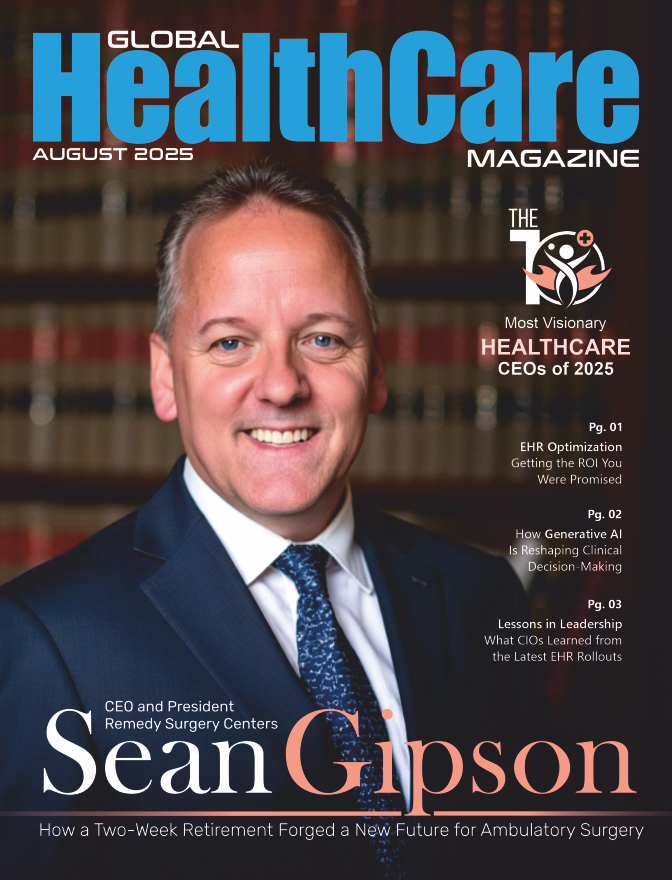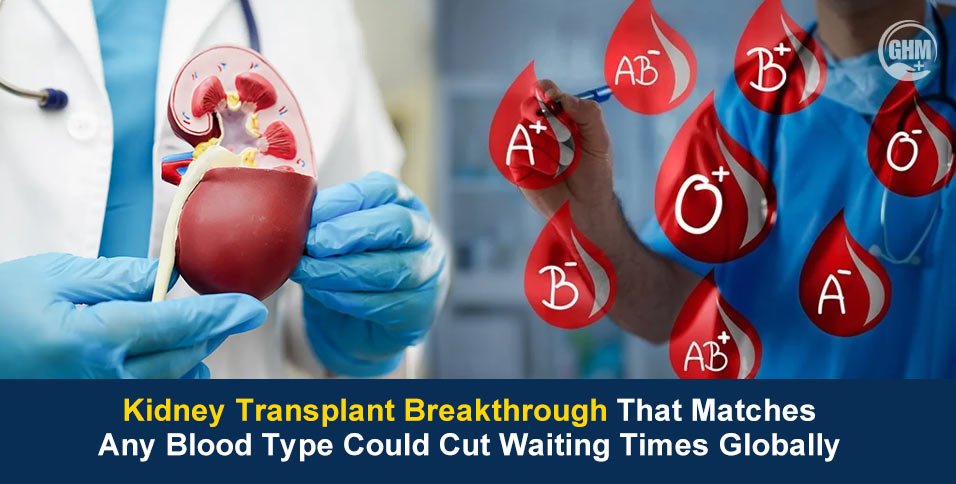The U.S. Food and Drug Administration (FDA) has officially declared an end to the semaglutide shortage, bringing significant changes to the compounded GLP-1 market. Semaglutide, the active ingredient in popular weight-loss medications like Ozempic and Wegovy, will now be more readily available through traditional pharmaceutical channels.
This decision directly impacts compounding pharmacies and telehealth providers that have been offering lower-cost alternatives to these branded medications. Under U.S. regulations, compounding pharmacies are permitted to create alternative versions of drugs only when the original product is in short supply. Now that the FDA has marked the semaglutide shortage as “resolved” in its drug shortage database, compounded versions will no longer be permitted under existing laws.
Transition Period for Compounding Pharmacies
To prevent disruption in patient care, the FDA is allowing compounding pharmacies time to phase out production. Depending on their regulatory status, these facilities must cease compounding, distribution, and dispensing of semaglutide injections by April or May.
Pharmaceutical giant Novo Nordisk, the manufacturer of Ozempic and Wegovy, confirmed that all doses are now consistently shipping to wholesalers, meeting or exceeding projected U.S. demand. However, concerns remain about potential future shortages, as the company previously acknowledged ongoing “capacity limitations” that could lead to intermittent supply disruptions.
Market Reaction and Business Implications
The FDA’s announcement caused a sharp decline in stock prices for companies that sell compounded GLP-1 medications. Shares of Hims & Hers, a telehealth company providing weight-loss treatments, plummeted by 25% following the news.
Hims & Hers CEO Andrew Dudum responded by stating that the company will continue offering personalized treatments within legal boundaries and will monitor any future shortages that could impact availability. Similarly, digital health platforms such as Ro, Noom, WeightWatchers, and 23andMe have reassured patients that they will comply with FDA guidelines while maintaining access to effective treatments.
The Future of GLP-1 Medications
Despite the FDA’s resolution of the semaglutide shortage, industry experts warn that supply constraints may persist. The American Society of Health-System Pharmacists still lists semaglutide and tirzepatide as experiencing shortages.
Scott Brunner, CEO of the Alliance for Pharmacy Compounding, questioned whether the FDA had fully considered the demand for compounded semaglutide. “Hundreds of thousands of patients will now need to transition from compounded versions to FDA-approved medications,” he stated.
Dr. Taylor Kantor, co-founder of telehealth provider Ivim Health, echoed concerns about accessibility. “Millions of patients rely on these medications, and supply challenges still exist. The shift away from compounded semaglutide could further strain availability and affordability,” he said.
With Wegovy and Ozempic costing over $1,000 per month, affordability remains a major issue. Many patients who previously accessed compounded versions for under $200 per month may struggle to afford branded alternatives. Experts warn this could drive demand for counterfeit medications, posing serious safety risks.
Legal and Regulatory Outlook
The FDA’s decision may not mark the final chapter for compounded GLP-1 medications. The Outsourcing Facilities Association has already sued the FDA over its removal of tirzepatide, the active ingredient in Mounjaro and Zepbound, from the compounding list. Legal battles and regulatory challenges are expected to continue shaping the landscape.
Additionally, political factors could play a role in future policy changes. Some industry experts believe the current administration’s focus on lowering drug prices could create opportunities for compounded medications to regain a foothold.
Conclusion
As the FDA moves forward with enforcing its decision, patients, healthcare providers, and businesses in the weight-loss medication market must adapt to the new landscape. While the end of the semaglutide shortage improves access to branded medications, affordability and potential future supply issues remain pressing concerns.
Also Read: Healthcare Operational Analytics Market To Reach $22.4b By 2028



















